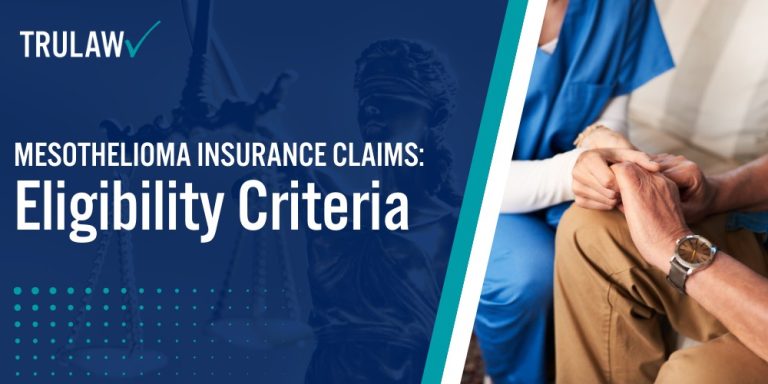Mesothelioma patients have several types of health insurance options available to help cover the costs of their medical treatment.
The most common types include private insurance plans, government-sponsored programs like Medicare and Medicaid, and VA health care for veterans.
Understanding the specifics of each type of coverage is important for patients to make informed decisions about their treatment and financial planning.
Private Insurance for Mesothelioma Coverage
Private health insurance plans, either through an employer or purchased individually, can provide coverage for mesothelioma treatment.
However, the extent of coverage varies depending on the specific plan and its network agreements.
Key factors to consider with private insurance include:
- Deductibles: The amount patients must pay out-of-pocket before insurance coverage begins
- Copays and Coinsurance: Flat fees or percentages of medical bills patients are responsible for paying
- Out-of-Pocket Maximums: The limit on how much patients must pay before insurance covers 100% of eligible expenses
- Network Restrictions: Limitations on which doctors and facilities are covered under the plan
Patients with private insurance may face higher out-of-pocket costs compared to those with government-sponsored programs.
An American Cancer Society Cancer Action Network report estimated that patients with stage 4 lung cancer (comparable to pleural mesothelioma) on a private insurance plan could expect to pay around $10,114 in out-of-pocket expenses.
Government Programs: Medicare, Medicaid, and VA Health Care
Government-sponsored health insurance programs, such as Medicare, Medicaid, and VA health care, can provide significant assistance to mesothelioma patients in covering their medical bills.
Here’s a breakdown of these programs:
- Medicare: A federal health insurance program primarily for those 65 and older, Medicare coverage includes hospital insurance (Part A), medical insurance (Part B), and prescription drug coverage (Part D).
- Medicaid: A joint federal and state program that provides health coverage to low-income individuals and families.
- VA Health Care: Veterans with mesothelioma may be eligible for treatment through the U.S. Veterans Health Administration, which includes access to prominent mesothelioma specialists in various locations across the country.
While these government programs can provide substantial assistance, patients may still face out-of-pocket costs.
A 2020 report estimated that patients with stage 4 lung cancer on Medicaid with Medigap could expect to pay around $8,396 in out-of-pocket expenses.
However, this is generally lower than the costs associated with private insurance plans.



